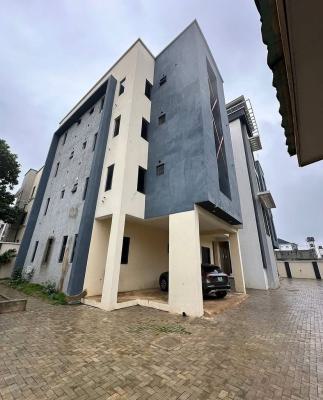Furnished Block of Flats for Sale in Jahi, Abuja
Quick Filters
Bedrooms Subtypes Areas Areas
1
What is the average price of furnished block of flats for sale in Jahi, Abuja?
The average price of furnished block of flats for sale in Jahi, Abuja is ₦130,000,000.
What is the price of the most expensive furnished block of flats for sale in Jahi, Abuja?
The price of the most expensive furnished block of flats for sale in Jahi, Abuja is ₦130,000,000.
What is the price of the cheapest furnished block of flats for sale in Jahi, Abuja?
The price of the cheapest furnished block of flats for sale in Jahi, Abuja is ₦130,000,000.
How many furnished block of flats for sale in Jahi, Abuja are available?
There are 1 available furnished block of flats for sale in Jahi, Abuja.
You can view and filter the list of property by price, furnishing and recency.

